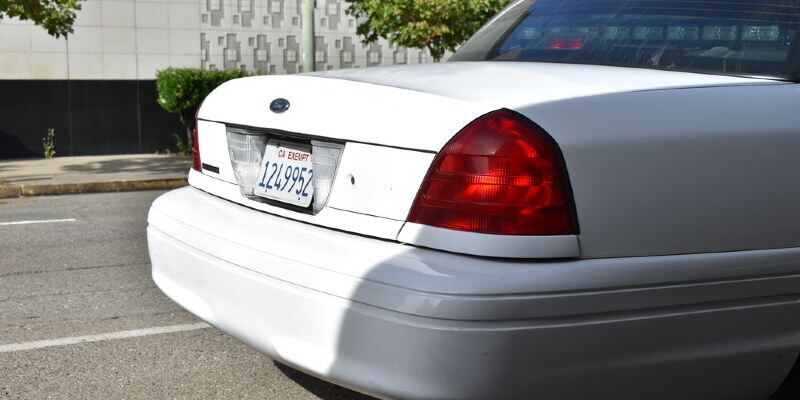
Finding an apartment can be a grueling experience, but with research and planning your hunt will be easier. State and federal rental programs can give a hand by helping tenants employ for apartments with payments. These programs may also help with different features of leasing, like coming up with a rental deposit and paying for utilities.
Public Housing Programs
The Department of Housing and Urban Development (HUD) helps low-income families find quality, affordable housing. More than 1 million households live in public housing units today. You may contact the regional housing authority or HUD field office to get help applying for and finding an apartment. To qualify, you have to meet certain income guidelines, be older or have a disability, and become a U.S. citizen or legal immigrant. Reference checks will also be required. Each city and county has its own public housing service. HUD has a list of contact information for each county and state. The income limits to employ vary from area to area. To qualify for non profit housing, your household income needs to be 80 per cent or less than the median income of the county or city you live in. Huduser.com provides a list of income limits by county and state.
Privately Owned Subsidized Housing Programs
Privately owned subsidized housing programs help landlords who are prepared to offer reduced rents to low income tenants. The tenant pays a proportion of the lease. The difference is paid by the government to the flat owner. These programs are handled by each county and metropolitan area public housing service.
Section 8 Voucher Programs
The Section 8 Voucher Program is the primary federal government application for helping very low-income families. Very low-income families are those with a household income of 50 percent or less than the median income of the county or city they live in. Through this program, participants may search to their own apartments and pay a proportion of the lease while the housing authority pays the rest straight to the landlord. This allows families to choose where to live rather than being confined to public housing projects.